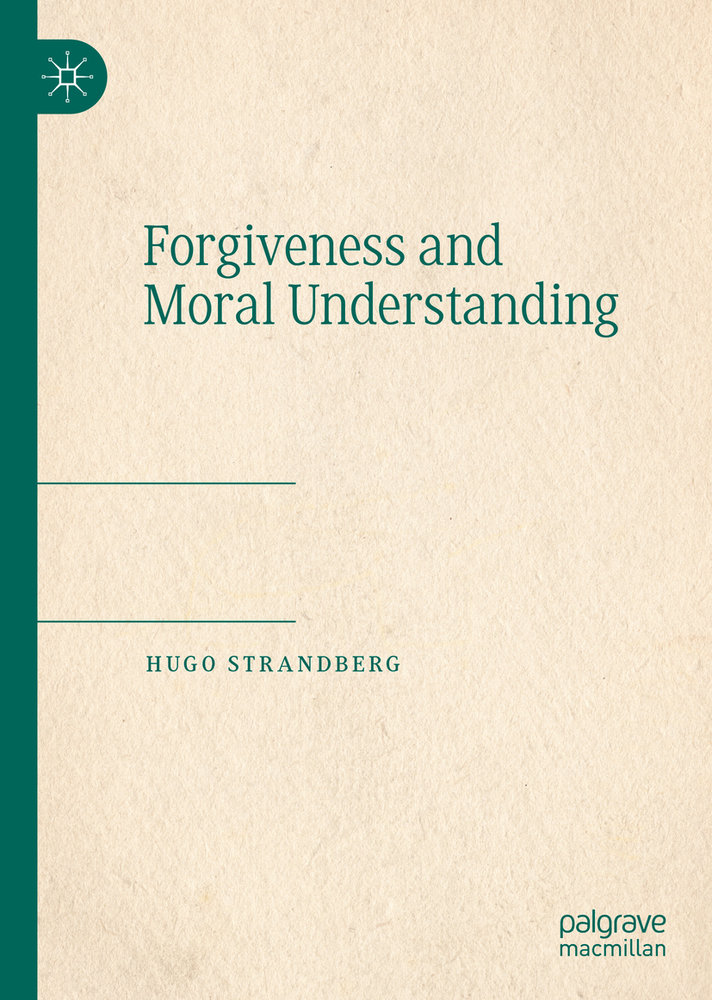This book sets out to deepen our moral understanding by thinking about forgiveness: what does it mean for our understanding of morality that there is such a thing as forgiveness? Forgiveness is a challenge to moral philosophy, for forgiveness challenges us: it calls me to understand my relations to others, and thereby myself, in a new way. Without arguing for or against forgiveness, the present study tries to describe these challenges. These challenges concern both forgiving and asking for forgiveness. The latter is especially important in this context: what does the need to be forgiven mean? In the light of such questions, central issues in the philosophy of forgiveness are critically discussed, about the reasons and conditions for forgiveness, but mostly the focus is on new questions, about the relation of forgiveness to plurality, virtue, death, the processes of moral change and development, and the possibility of feeling at home in the world.


